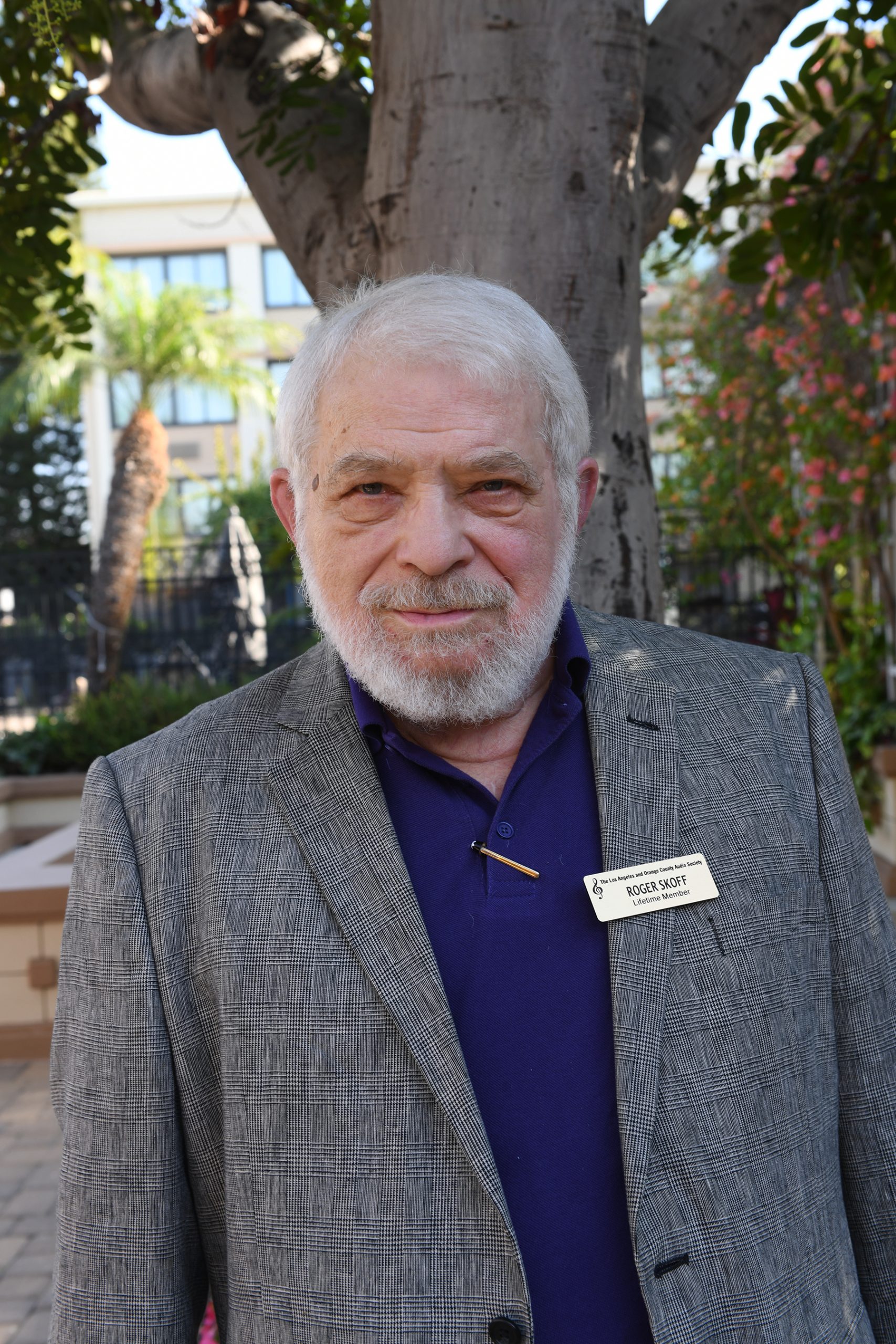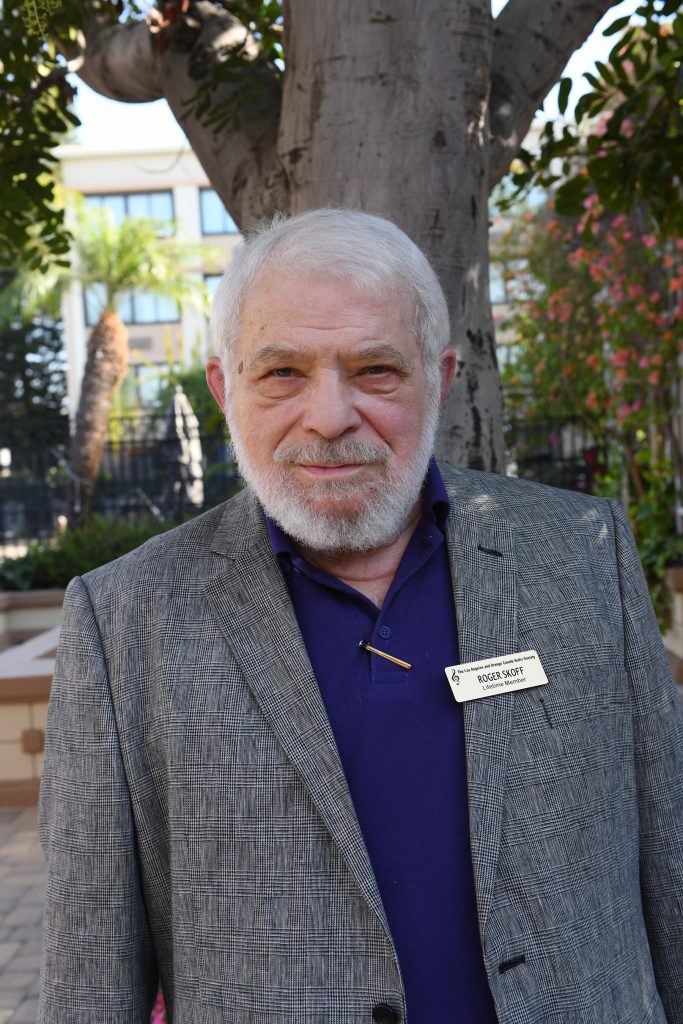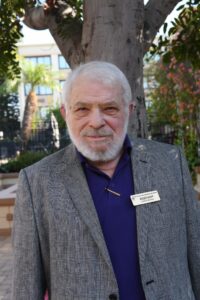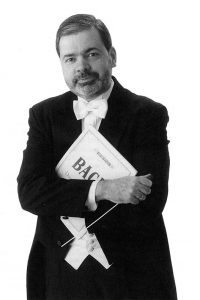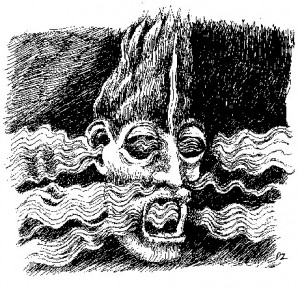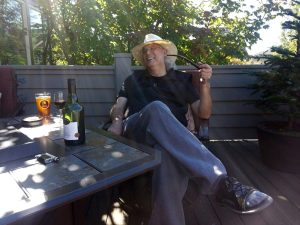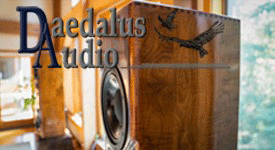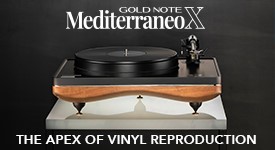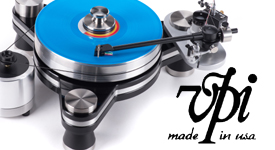FYI, Roger Skoff is the founder and President of RSX Technologies, and the former founder and President of XLO Cables, a name well known to many. He knows whereof he speaks….
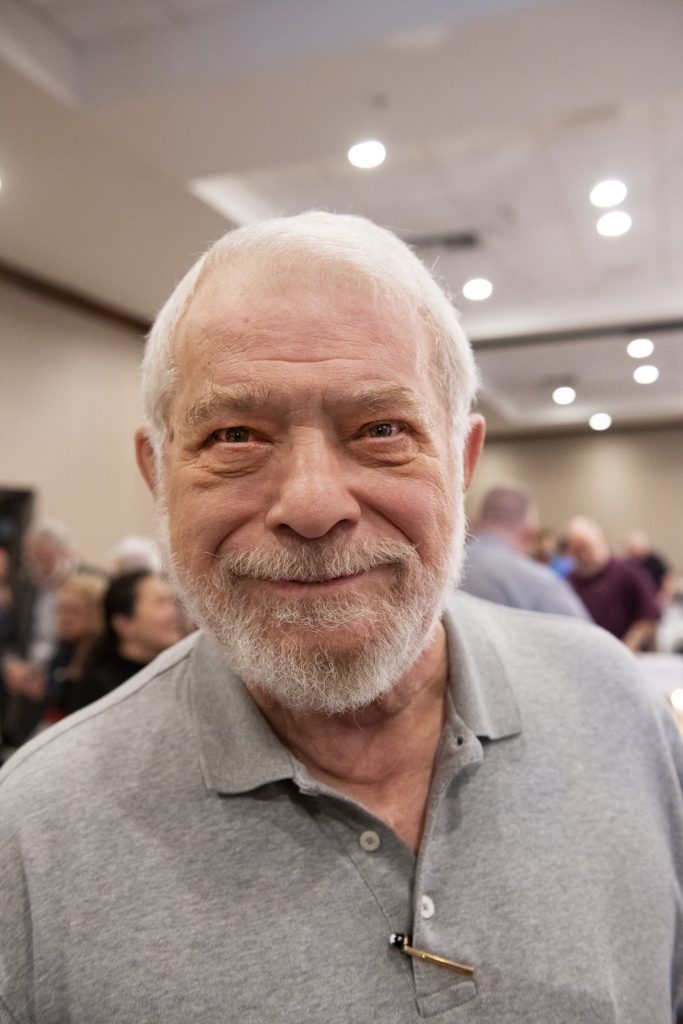
Michael Riley (known to his friends as just "Riley"), was one of my co-writers in the early days at Sounds Like...Magazine, the first audio publication I ever wrote for. Just a few days ago, he sent me a note commenting on a recent Hi-Fi article I had written in which I said that pretty much all of modern audio gear, even the cheapest, is at least listenable, and that some—even at prices that seem "entry level"—is amazingly good.
Riley wrote: "The dirty little secret you're avoiding is the prospect that the state of the art has been reached, and the asymptote of prospective improvement has bottomed out.
I think it was nearly forty years ago that you and I had an audio reproduction experience (was it at the audio show at the Dunfrey Hotel?) that it is hard to imagine being excelled even today. The sense we both had of the palpable living presence of the recording artists generated by those Avalon Eclipse speakers and Rowland Electronics was surreally realistic."
Although I think he might be a little off on the actual date, I remember the event Riley's referring to quite well. To put it simply, the sound in that room, on that gear, playing that recording at that time, was so good; so perfectly defined, so believable and so utterly palpable that we felt as if, while the music was playing, we could have walked up to—walked around—and actually touched each of the musicians. What I did instead, though, was to walk up to Jeff Rowland, who was showing off his just-released Consonance preamp, and arrange to buy the first one he could get to me.
Given happenings like that, it's really easy to believe that what Riley wrote may be true; that we've already achieved the pinnacle; that the state of the art is really The State of The Art. That we're already there, and that the only reason that the sound of all systems playing all recordings in all rooms at all times doesn't have the same total realism is because of some specific flaw or mis-match in the recording; in one or more of the components; in the setup; or in the room, that keeps it all from coming together. Maybe it's true that our systems really have no farther to go, but just need for us to finally sort them out.
It's possible, but I doubt it.
At least four other things keep me from thinking that where we are is "where it's at," and that there's no farther to go. The first is a simple truth that I experienced in my own company.
As you may know, in addition to writing these articles, I have for many years been a cable designer, with a prior company that achieved some degree of fame (XLO) and another company recently started (RSX Technologies) that's already earning critical praise. That first company, XLO, featured full lines of High-End audio products (AC cords, interconnects, speaker cables, and phono cables) across a broad range of product series (Ultra, Reference, Signature, UnLimited Edition, and Limited Edition), rated from high, to the very highest performance.
Not all series had every product, though. For example, AC power cords were available from the Ultra series, only through the UnLimited Edition, and phono cables were even more restricted; going from Ultra only up to the Signature Series, with none available either in UnLimited or Limited Edition.
The reason for this was simple: The UnLimited Edition AC Power Cord and the Signature Series phono cable were the very best I could design and build, given the materials and technologies available at the time, and I wasn't about to just change the brand names and cosmetics and charge more for them to bring them into the higher series unless they actually were better.
By the time I started the new company, RSX Technologies, nearly twenty years after I sold the first one, the new materials and technologies needed to bring those products up to a new level of performance had become available, and phono cables and AC Power Cords were what RSX Technologies started with. The awards and recommended components listing that its products have earned since then prove, I think, that the state of the art can still be bettered, and that better materials and ways of using them are among the ways that it can happen.
Another way is simply through better design. The more we know in just about any field, the better we can work with the materials and technologies available to us. High-End Audio is no exception.
A third way to either improve the state of the art or to at least make it more available to everyone is an offshoot of that last: As we know more about what we have to work with—in this case, recordings, rooms, and the elements from which we create our systems—the better we are able to use what we've got to get good sound. The better understanding of the room/system relationship we've acquired since the advent of stereo has already allowed us to come up with acoustical control techniques and devices like DSP (Digital Signal Processing) to make more systems sound better.
Last, but not necessarily finally, is the prospect of some altogether new technology changing our musical world as much as the original Edison recording did, not just improving the present state of the art, but sweeping it aside entirely.
With no comment on its likelihood whatsoever, what if easy time travel came along to enable us to no longer need any recording or playback process at all, but to simply (invisibly, inaudibly, and impalpably, one presumes) allow us to be physically or otherwise present at whatever musical event we chose? How'd you like to be there for King George's boat ride on the Thames, and hear Handel's Water Music played live? Or to be present for Peter Frampton performing Do You Feel Like We Do? (HERE) in person? Or for whatever else might please you?
It may not be all that far-fetched: Rumor hath it the The Grateful Dead were actually working on such a thing with the CIA before the passing of Jerry Garcia, (but, of course, the government has erased all records of it, leaving only this - HERE).
However it comes—whether by real improvement; by just doing more or a better job with what we've got, or by something new entirely—I think the state of the art can always be improved. Do you doubt me? Go move your left speaker a quarter of an inch forward, and change its angle by just the tiniest degree. See what happens.





